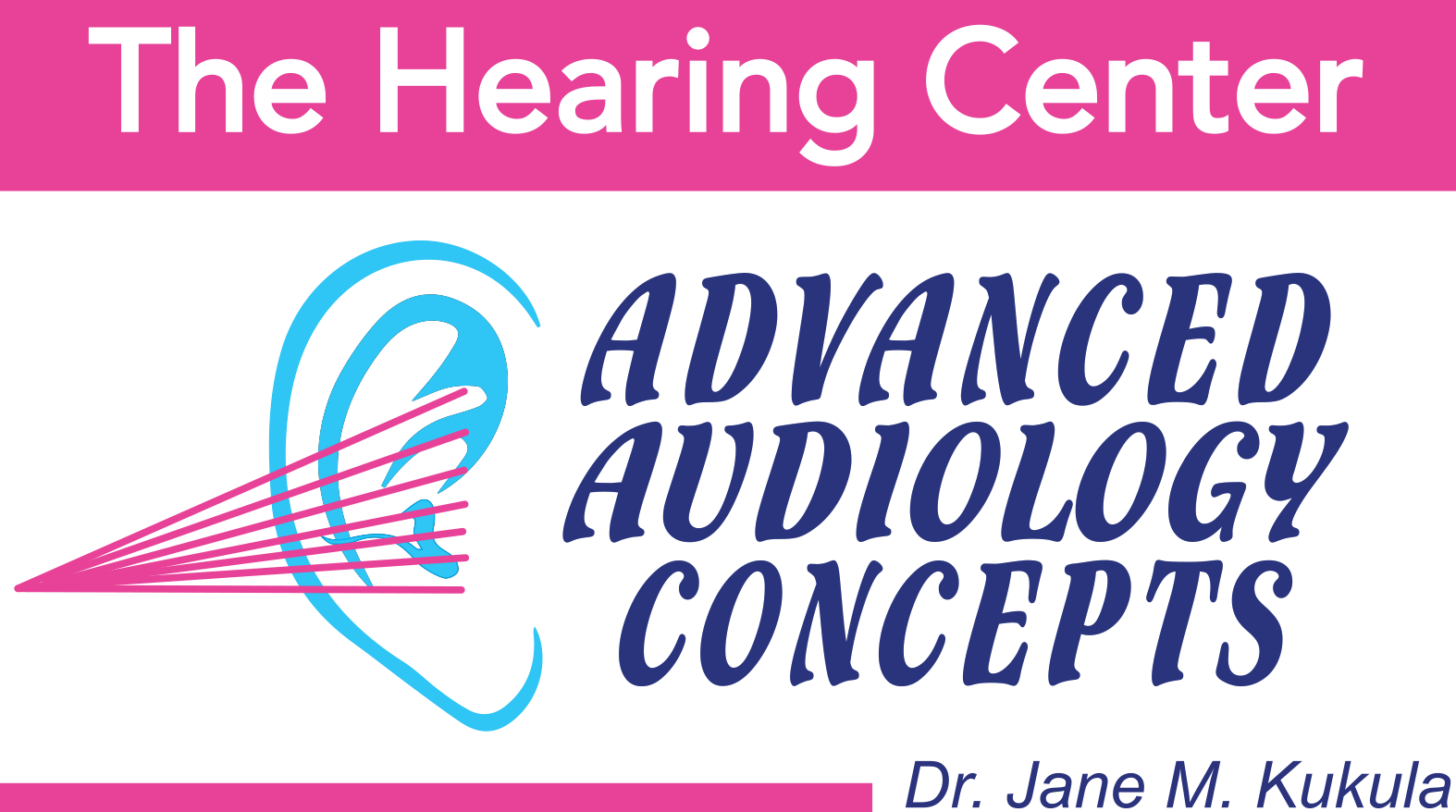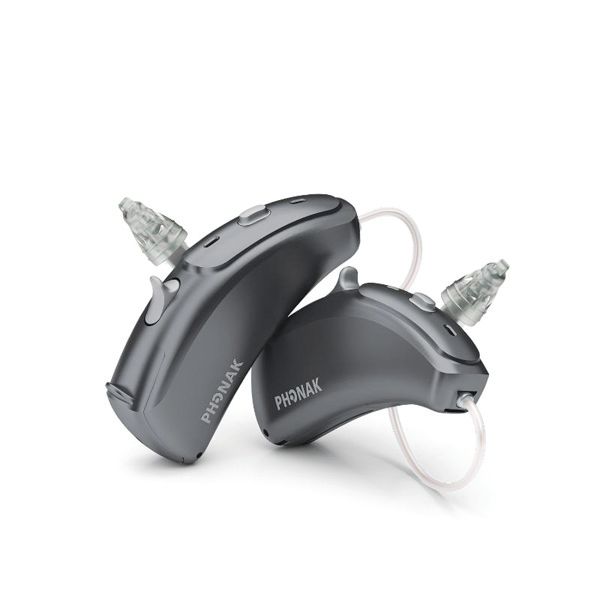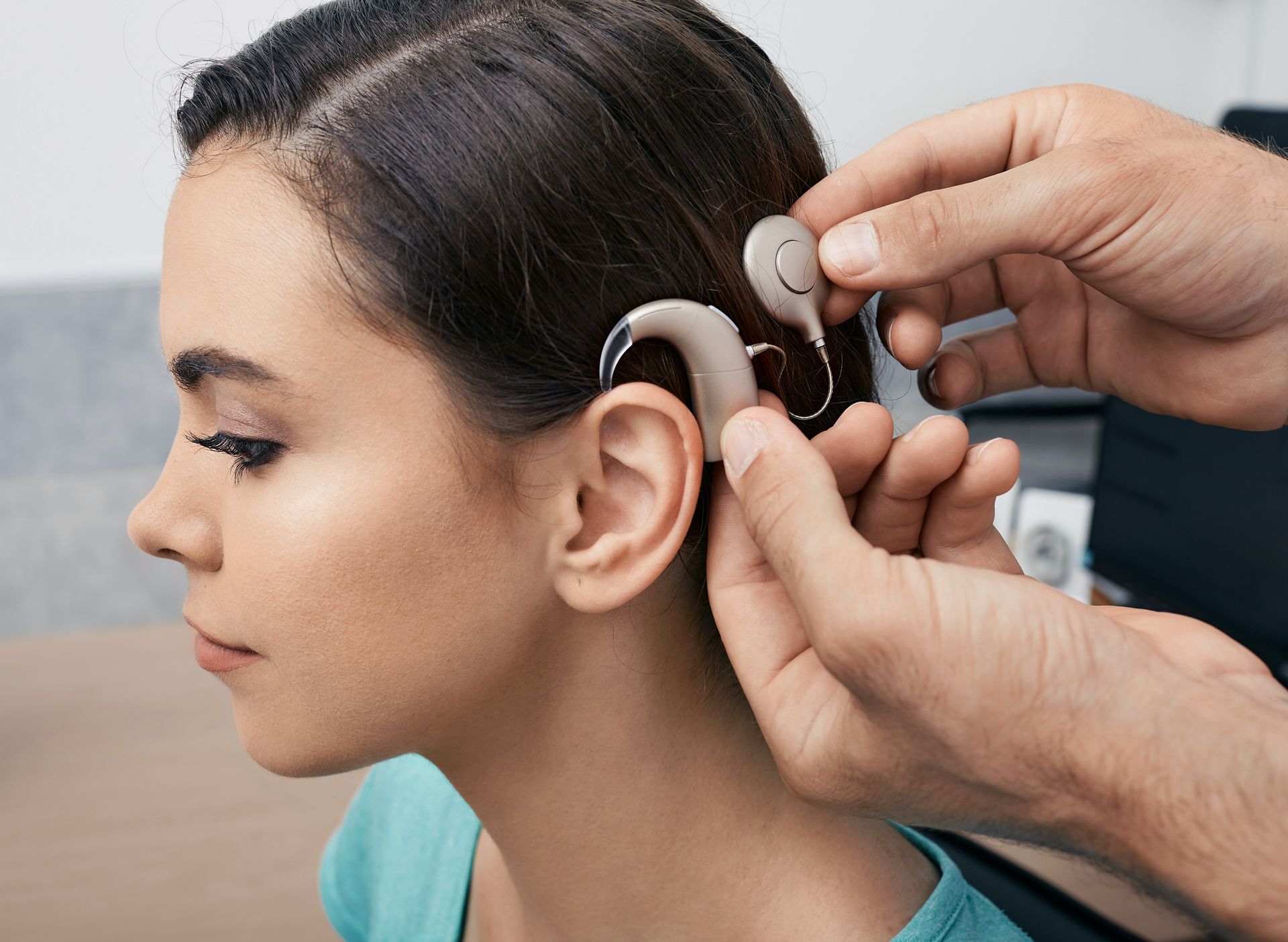8897 Mentor Ave Mentor, OH 44060
8897 Mentor Ave Mentor, OH 44060
What We Do
Our goal is to provide each of our patients with an improved quality of life.
Hearing Aids
When is it time for hearing aids? As soon as you are diagnosed with hearing loss. Hearing aids benefit you in many ways. You’ll hear better with them, fostering social interactions, and reducing stress at home. These devices provide brain stimulation making them important for brain health and can reduce your risk of falls.
The best hearing aids for you are the ones that meet your unique hearing needs and budget, are comfortable on your ears, and easy for you to operate. At Advanced Audiology Concepts, we work with you to select the most appropriate hearing aids.
The latest hearing aids are easier than ever to operate. When you are fitted with your hearing aids, we will practice putting them on, charging them and cleaning them. We will also do your Bluetooth pairings and show you how to do it yourself.
If you need help after getting your hearing aids, we are here to help throughout your life with hearing aids. To get you started with follow-up care, we provide you with one year of Professional Care with the purchase of hearing aids.
Hearing often changes slowly over time, so we recommend regular hearing checks to reprogram your current hearing aids to keep you hearing at your best. If you were to have a significant change in hearing, yes, we may need to look at different hearing aids.
The average life of hearing aids is 4-5 years. Sometimes they last longer, but this may not be in your best interest. Just like with other devices such as cellphones, technology changes rapidly. New hearing technology may give you better quality hearing. You and one of our audiologists can determine when the time is right for you.
One of the newer models of hearing aids is Lyric—the only FDA-approved extended-wear hearing aid. It is a miniaturized device, that once inserted into the ear canal, runs 24/7 for 6-8 weeks. It is removed and a new one is placed in quick 15-minute office appointment. For details, see this video.
Hearing Tests
How do you know if you have hearing loss? It’s best diagnosed with a hearing evaluation. You should seek professional care when you notice:
- Others complain the television is too loud
- You have trouble hearing in a noisy room
- You have more trouble hearing women than men
- Difficulty hearing when someone walks away from you
- Asking others to repeat themselves
- Avoiding social situations because you struggle to hear
- Ringing or buzzing sounds in the ears
There are many causes of hearing loss. Some of the more common causes are exposure to loud sound, diabetes, kidney disease, thyroid disease, genetic causes and time.
You can prevent some types of hearing. For instance, having a heart healthy lifestyle also promotes hearing health. And of course, use hearing protection when in loud situations to prevent noise-induced hearing loss. Also, you want to be sure conditions such as diabetes and kidney disease are being properly managed, so follow medical advice.
How is hearing tested? First, we look in your ears with an otoscope. Second, you will listen for some tones and push a button when you hear them. Third, you will repeat some words. We may also check your eardrums with some air pressure. Most of these checks are done in our state-of-the-art sound booth.
A hearing test will determine the type of hearing loss and degree of hearing loss or if you have a medical condition and/or hearing nerve damage.
There are three types of hearing loss: conductive, sensorineural and mixed. Conductive hearing loss—which occurs when there are problems in the outer ear, ear canal, eardrum or middle ear—is often correctable with surgery or medication. Sometimes, it is treated with hearing aids. Sensorineural hearing loss results from damage to the hair cells (hearing nerves) in the inner ear. This is permanent and usually treated with hearing aids. Mixed hearing loss is a combination of both types. Treatment can include a combination of medication, surgery and/or hearing aids.
Cochlear Implant Evaluation
These small electronic devices provide a sense of sound to a person with severe to profound hearing loss. The implant consists of two parts, an external portion that mostly rests behind the ear and internal portion that is surgically implanted in the inner ear.
How does a cochlear implant work? It bypasses damaged portions of the ear and directly stimulates the auditory nerve. There are many factors that determine if you’re a candidate for a cochlear implant. It all starts with a hearing test and cochlear implant evaluation. Once testing is completed and you are determined to be a potential candidate, you’re referred to a cochlear implant surgeon for the final determination.
Tinnitus
Some of the more common causes of tinnitus, or the perception of sound without an external source, include:
- Fluid in the middle ear
- Hypertension
- Age-related hearing loss
- Noise-induced hearing loss
- Head and neck tumors
- TMJ disorders
- Thyroid conditions
While there is no cure for tinnitus, sound therapy can be helpful in reducing the awareness of your tinnitus and can create periods of quiet. Start with a two-part hearing and tinnitus evaluation. First, there are several questionnaires we go through with you to determine how much difficulty your tinnitus causes. Second, we match the pitch, quality, and volume of your tinnitus to provide us with baseline of your tinnitus and prognosis for sound therapy.
Pediatrics
Hearing loss can affect a child’s ability to develop communication, language and social skills. The earlier children are diagnosed and receive treatment, the more likely they are to reach their full potential.
What are the signs of hearing loss in children? A major sign would be not meeting the milestones for hearing. Pediatric milestones include:
- Birth to 3 months: startle to loud sounds, soothed and quieted by soft sounds, turns head to you when you speak, smiles in response to familiar voices,
- 4-6 months:
Turns head toward new sounds, responds to “no,” enjoys toys that make sounds, begins to repeat sounds such as “ooh,” “aah” and “ba-ba”
- 7 months to 1 year: responds to his/her name, baby babble that includes many sounds, knowing common words such as “cup,” “shoe” or “bye-bye,” starts to respond to simple requests such as “come here.”
- 1 to 2 years:
Following simple commands and understanding simple information, uses words often heard, says more and more words monthly, can point to body parts, and enjoys being read to
Telehealth/Remote Care
Reduce your visits to the office through our remote care. Many hearing aids can be adjusted via your smartphone. All you need is the aids, a smartphone and internet connection. Remote care still requires an appointment. We set the process up on your phone and show you how to reach us when its’ time for your appointment.
Online Hearing Screener
Take this simple, interactive, online hearing test. All you need is ear buds that connect to your computer. This diagnostic evaluation emits a series of tones to determine your level of hearing competency. You can take it at your convenience in the privacy of your home. The data will determine if your level of hearing falls within the normal range. If it does not, give us a call and make an appointment to see a doctor of audiology for a more comprehensive hearing evaluation.
Additional Services
- Ear wax removal
- Hearing aid repairs
- Assistive listening devices
- FM systems
- Hearing aid supplies
- Counseling
Schedule a Consultation now
Contact Us
We will get back to you as soon as possible.
Please try again later.
Quick Links
All Rights Reserved | © 2022 All Rights Reserved | Advance Audiology Concepts | This site is powered by Bluefoot.




